Launch of the inaugural seminar cycle of the DÉCRIPT program
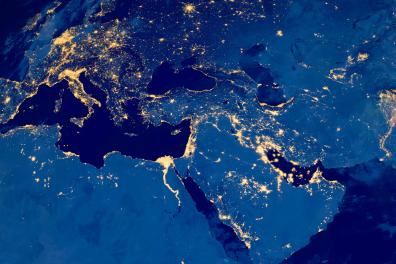
Program
Monday, October 6 - 2pm-4pm - Maison de la recherche (Paris 7e)
Hybrid mode, session in English
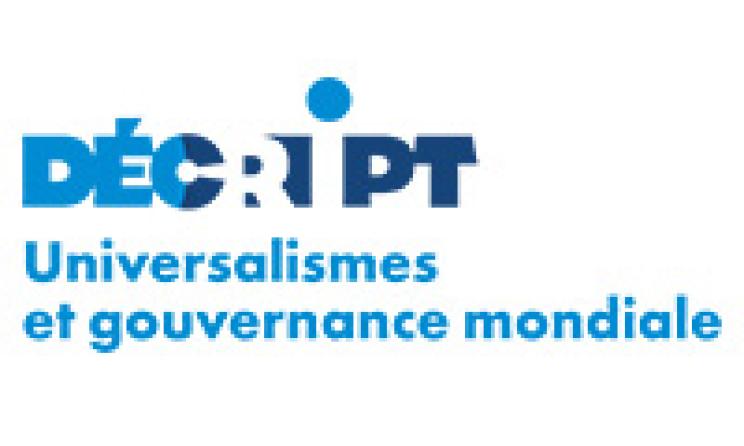
Seminar DÉCRIPT - Axis Universalisms and Global Governance
The role of Intergovernmental organizations in a new era: linking polarization and identity politics
by Dr Gordon M. Friedrichs (Senior Research Fellow, Max Planck Institute for Comparative Public Law and International Law, Germany).
Wednesday, October 8 - 10:30 a.m.-12:30 p.m. - Maison de la recherche (Paris 7e)
Hybrid mode
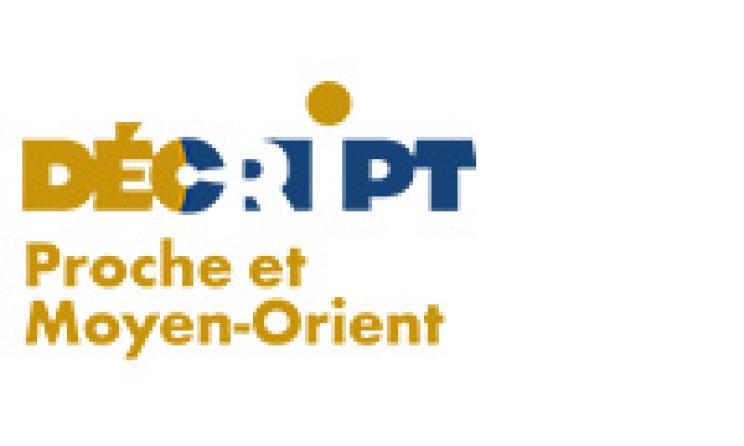
Seminar DÉCRIPT - Near and Middle East Axis
Identity Regimes and the Interpretation of Crises in the Middle East
by Gilles Dorronsoro, Professeur des Universités, Université Paris 1 Panthéon-Sorbonne, CESSP (UMR 8209
Friday, October 10, 2025 - 2pm-4pm - PLC (Paris 13th)
Hybrid mode, bilingual session
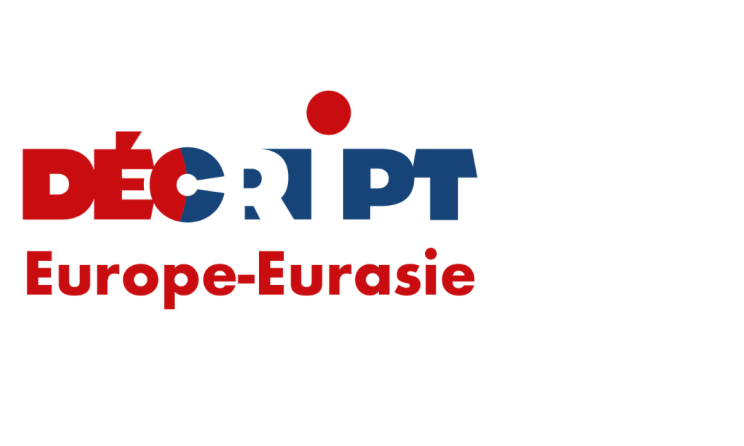
Seminar DÉCRIPT - Europe-Eurasia Axis
Le civilisationnisme reconsidéré: explorer le tournant civilisationnel dans les politiques en Europe-Eurasie / Civilizationism Reconsidered: Exploring the Civilization Turn in European-Eurasian Politics
by Marlène Laruelle (Research Professor of International Affairs and Political Science, Director of the Illiberalism Studies Program, The Georges Washington University, Washington, DC).
Tuesday, October 14 - 2pm-4pm - Sciences Po Bordeaux (11 allée Ausone, 33600 PESSAC)
Hybrid mode. Free but compulsory registration for face-to-face and distance learning
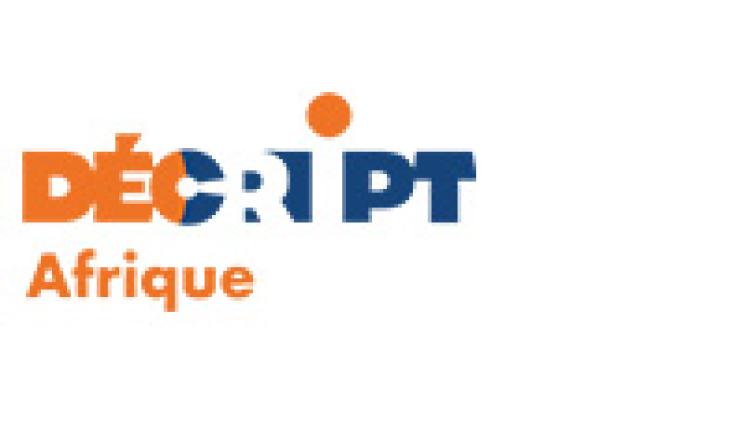
Seminar DÉCRIPT - Axe Afrique
Sahelian ideological narratives: essay de décryptage
by Abdourahmane A. Idrissa (University of Leiden and Africa Institute of Sharjah, UAE). Discussant: Jean-Hervé Jézéquel, Sahel Project Director, International Crisis Group.
Friday, October 17 - 3pm-5pm → 3:30 pm - 5:30 pm - Maison de la recherche (Paris 7e) - room L2.05 (2nd floor)
Hybrid mode
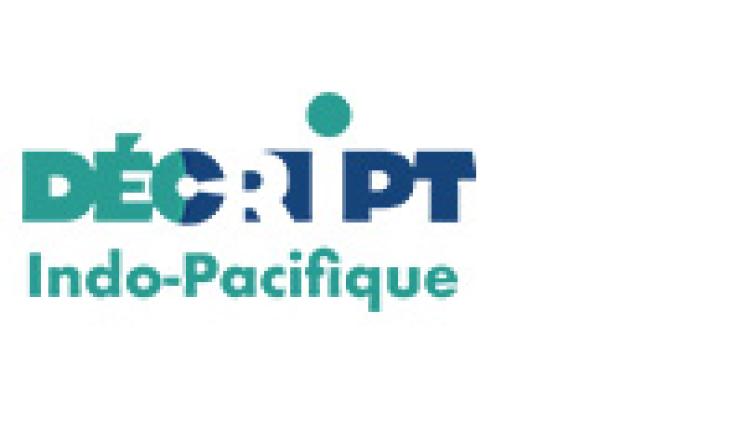
Seminar DÉCRIPT - Indo-Pacific Axis
"Chinese civilization" and "Asian values": critical perspectives and multidisciplinary viewpoints
by Thomas Brisson (Professor of Political Science, Université Paris 8 Vincennes - Saint Denis, Deputy Director of Cresppa-Labtop, UMR 7217) and Joseph Ciaudo (Senior Lecturer in Chinese Studies, Université d'Orléans, Laboratoire RÉMÉLICE, EA 4907, Associate Researcher at IFRAE, UMR 8083).